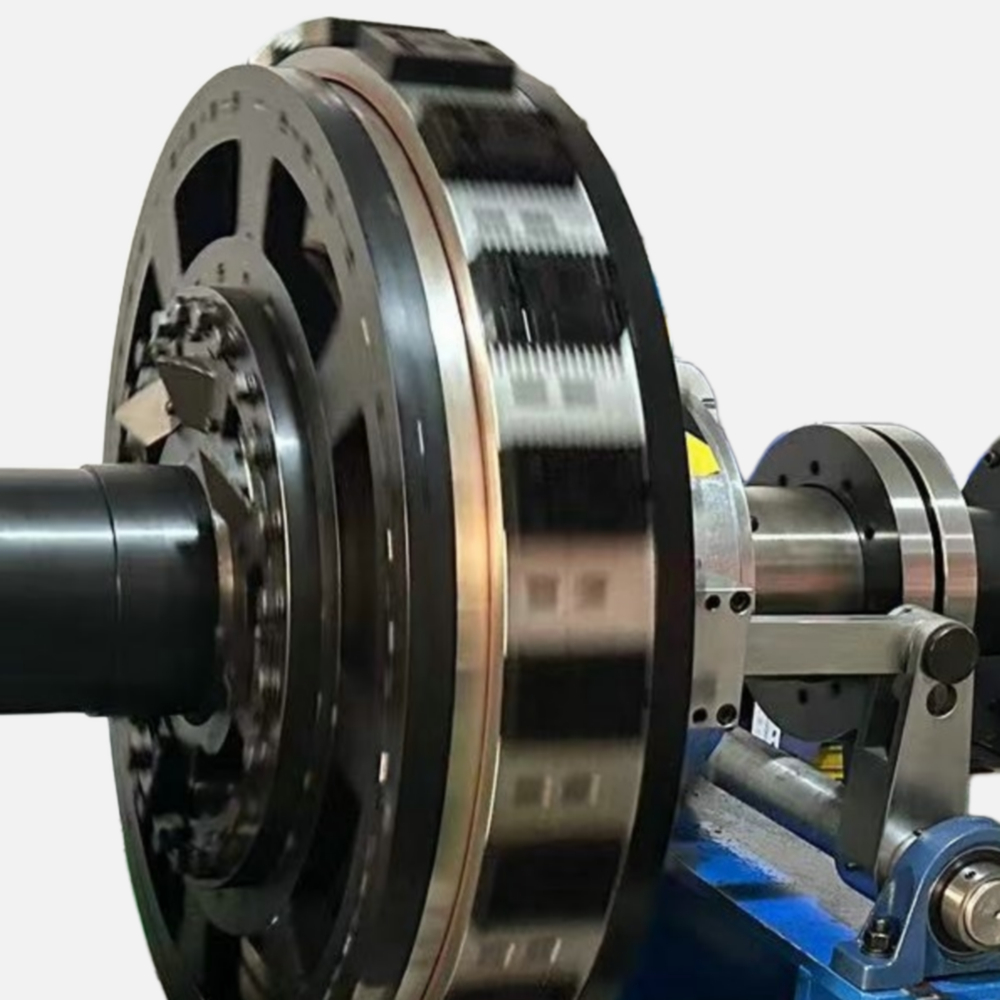When it comes to relocating or transporting a vehicle, one of the most pressing questions that arises is: Is it cheaper to ship a car than to drive it? This inquiry is not merely a matter of convenience; it involves a nuanced analysis of various factors, including distance, fuel costs, wear and tear, and additional expenses. In this article, we will delve into the intricacies of both options, providing a detailed cost comparison to help you make an informed decision.
Understanding the Costs of Driving a Car
Driving a car across long distances may seem straightforward, but the costs can accumulate quickly. Here are the primary factors to consider:
- Fuel Costs: The most significant expense associated with driving is fuel. To estimate this cost, you need to know your vehicle's miles per gallon (MPG) and the distance of your journey. For example, if your car averages 25 MPG and you are driving 1,000 miles, you will need approximately 40 gallons of gas. At a national average of $3.50 per gallon, that amounts to $140 in fuel alone.
- Wear and Tear: Every mile you drive contributes to the depreciation of your vehicle. On average, a car loses about 15-20% of its value each year, and long trips can accelerate this process. Additionally, driving long distances can lead to increased maintenance needs, such as oil changes, tire wear, and brake inspections.
- Accommodation and Food: If your journey spans multiple days, you will need to factor in the costs of lodging and meals. Depending on your travel style, this could range from budget motels to more luxurious accommodations, significantly impacting your overall expenses.
- Time Costs: Time is money, and the longer you spend driving, the more you may lose in terms of productivity or leisure. Consider the opportunity cost of taking time off work or missing out on personal commitments.
Analyzing the Costs of Shipping a Car
Shipping a car can often be a more convenient option, especially for long distances. However, it is essential to understand the associated costs:
- Shipping Fees: The primary expense when shipping a car is the transport fee, which can vary based on distance, the type of service (open vs. enclosed transport), and the shipping company. On average, shipping a car across the country can range from $800 to $1,500. It’s crucial to obtain quotes from multiple carriers to find the best deal.
- Insurance Costs: Most shipping companies provide basic insurance coverage, but you may want to purchase additional coverage for peace of mind. This can add to your overall shipping costs.
- Preparation Costs: Before shipping, you may need to prepare your vehicle by removing personal belongings, ensuring it is in good working condition, and possibly cleaning it. These steps can incur additional costs.
- Time Efficiency: While shipping a car may involve some waiting time, it can free you up to travel by air or attend to other matters, potentially saving you time and hassle.
A Comparative Analysis
To determine whether it is cheaper to ship a car than to drive it, consider the following scenario:
- Driving Costs:
- Fuel: $140
- Wear and Tear: $100 (estimated)
- Accommodation and Food: $200 (for a two-day trip)
- Total Driving Cost: $440
- Shipping Costs:
- Shipping Fee: $1,000 (average)
- Insurance: $100 (optional)
- Preparation Costs: $50
- Total Shipping Cost: $1,150
In this example, driving the car is significantly cheaper than shipping it. However, this analysis can vary based on individual circumstances, such as the distance traveled, the vehicle's fuel efficiency, and personal preferences regarding time and convenience.
Conclusion
Ultimately, the decision to drive or ship your car hinges on a variety of factors, including cost, time, and personal circumstances. While driving may appear to be the more economical choice in many scenarios, shipping can offer significant advantages in terms of convenience and time savings.


